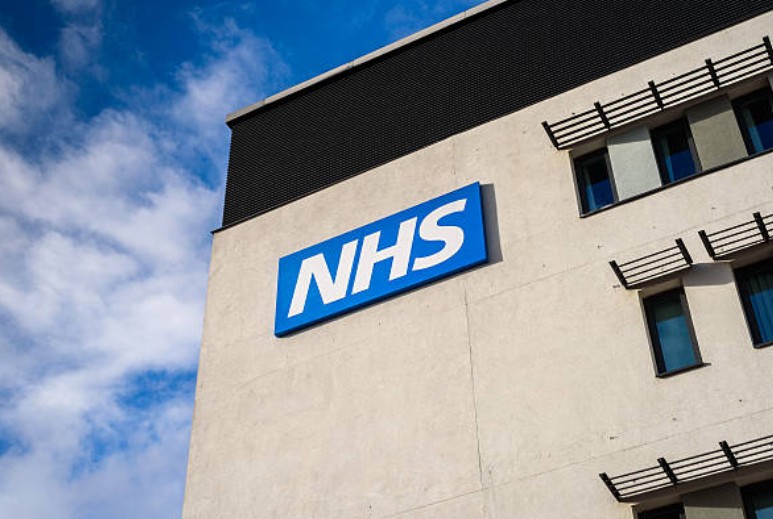Newly qualified doctors across the UK are taking on part-time work to make ends meet, with many trapped in what the British Medical Association (BMA) describes as a “recurring cycle of debt.”
Some are now moonlighting as Uber drivers, pulling pints in bars, or stewarding football matches just to stay afloat financially.
The BMA warns that those from less affluent backgrounds are feeling the strain most and is urging the government to step in and bridge the funding gap to ensure medicine remains an accessible career path.
In the final year of their undergraduate degree or the later stages of a post-graduate medical course, students see their income drop significantly. Instead of a full student loan, they receive a smaller NHS bursary alongside a reduced loan.
On average, this cut means £3,674 less in funding, according to BMA figures.
Sophie Mitchell, deputy co-chair (finance) of the BMA’s medical students’ committee, explained: “A lot of people are using these loans in previous years to either pay their rent or to live off. Losing out on a significant portion of that means that students are struggling.”
The reality for many is stark – maxed-out overdrafts, mounting credit card bills, and borrowing just to cross the finish line of their degree.
Many graduate with empty bank accounts and debt already piled high, before even stepping into their first NHS role.
While most endure 12 months of this funding squeeze, postgraduate students and those on six-year programmes face up to three years of lower support. On top of this, many must relocate before starting their NHS job — often without the funds to do so comfortably.
Ms Mitchell said: “I know that a lot of my colleagues have had to get loans to pay their rent, or they’ve had to get credit agreements so that they can pay their rent.”
She added that the academic year often begins in mid-August, yet the first NHS pay packet doesn’t land until the end of the following August, creating a full year of financial limbo.
Despite the demanding schedule of hospital placements Monday to Friday, nine to five, sometimes with night shifts and weekends, some students are forced into extra jobs.
“We have people working behind bars. We have people stewarding. One of my friends is actually working for Uber at the moment,” Ms Mitchell said.
She stressed the heavy workload: “You’re in hospital… and then on top of that placement, where you’re learning to be a doctor, you’re also having to revise for your exams.”
The BMA’s Fix Our Finance campaign, led by Ms Mitchell and co-chair Henry Budden, is calling for full student finance maintenance support throughout medical degrees. The cost? £24 million, just 0.12% of Student Finance England’s annual lending.
The pair say the current situation “does nothing to help those from poorer backgrounds or improve participation in medicine.”
“Medicine is longer than many other degrees for good reason… It is only right then that they should receive the appropriate funding to see them through the entirety of their course.”






